8 leading investors share the lessons they learned on their way to the top of their game
The best thing about this job is the opportunity to ask some of the world's best investors a combination of probing and thought-provoking questions. When it comes to thought-provoking, I'd argue there is none more so than the one we ask every investor who joins our long-form video series, Views from the Top.
The natural successor to our long-time "CIO Profile" series, Views from the Top is designed as a chance for interviewees to showcase their knowledge and experience, and their view of the markets.
This month, conveniently, also marks one year since the first episode of Views from The Top was taped. Since then, we have taped and released 38 episodes in the series. In this wire, we'll collate eight of the most interesting responses we have received to the series' titular question:
What is one thing you have learned recently that you wouldn’t have realised or had access to if it were not for the position that you are in today? What is your View from the Top?
Needless to say, just because your favourite episode of VFTT isn't here doesn't mean we didn't love doing the interview. We thank every single investor who has joined us on the series and indeed, everyone who appears on the Livewire platform.
Matthew Kidman: Stop falling for the "easy scenario"
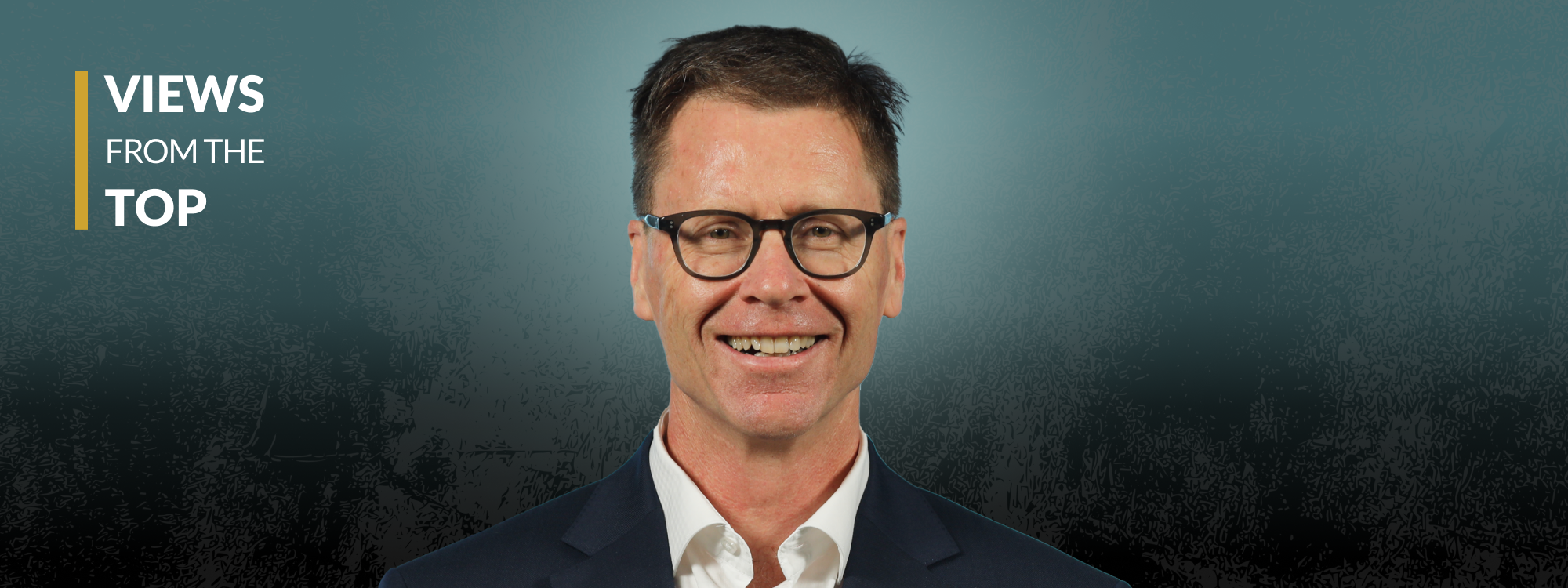
Besides being a long-time Livewire fixture and a star small-cap stock picker, Kidman spent four years as a finance journalist at The Sydney Morning Herald. So, if anyone knows a thing or two about the effect of a narrative on markets, it's probably him.
His View from the Top, as told to Livewire's Ally Selby, reflected this theme:
People are too easily convinced of a simple scenario. That can apply to anything and today, it's been exacerbated by social media. Influencers used to be restricted to media outlets and governments. People have predispositions and biases they want to hear. Some people call it the echo chamber.
You can't just listen to the first plausible story because that sounds logical. Invariably, it doesn't. You have to make up your own mind. You have to do the work and talk to people who actually know.
If you go back to COVID, everyone said 'This is going to happen once we shut down, [there will be] a big recession, and we can't get out of this'. But if you talked to the companies, they said "We're trading okay." Then the government stimulus came in. You would have missed a big opportunity if you listened to the consensus and the easy explanation.
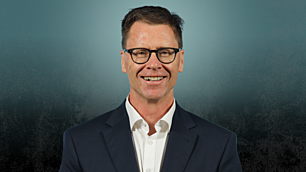
Bob Desmond: Stay focused on the long run
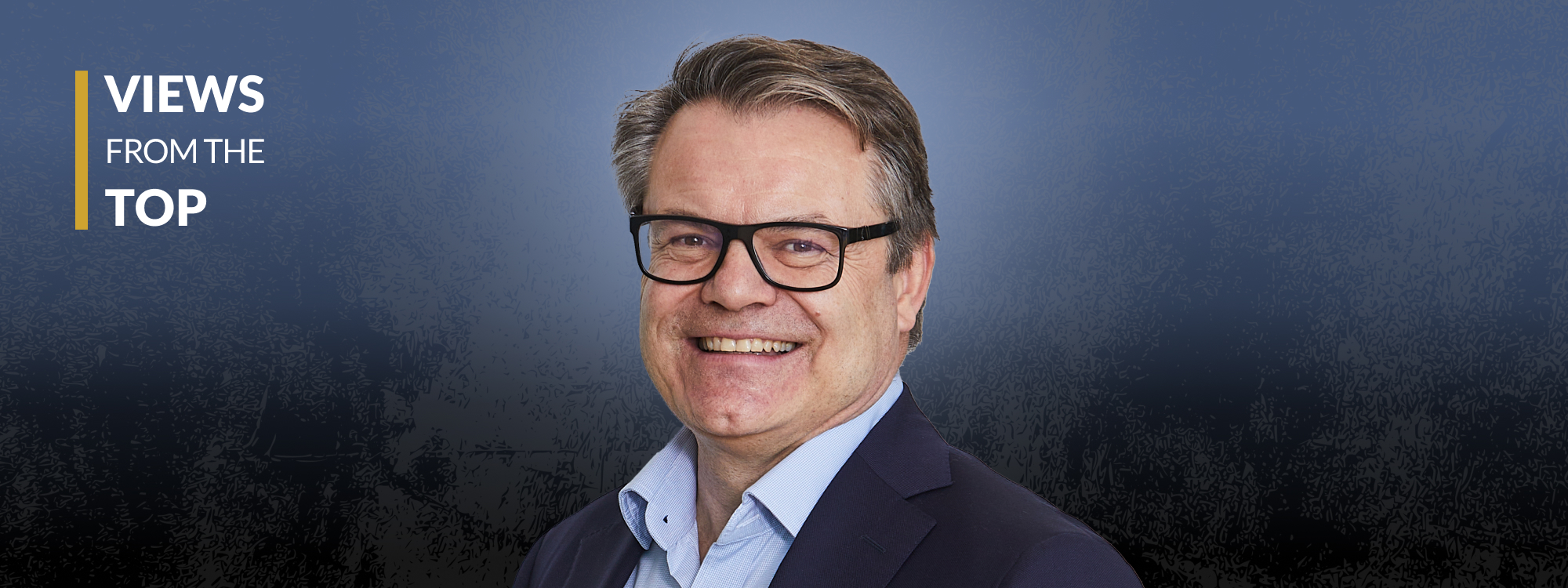.jpg)
In my time at Livewire, I've learned that the most respected and highest-performing investors all seem to have one thing in common - They are focused. They do one thing and do it really well. And I'd humbly argue that few fit this criterion better than global stock picker Bob Desmond. Desmond's View from the Top from February this year pays homage to the importance of sticking to your guns.
"The most important thing for us is thinking long term. Make sure you think long term and if you are, the natural addition to that is to buy quality. Rather than trading stocks, buy businesses for the long term and think like a business owner rather than a trader. There are lots of people who can trade, to be fair, but our game is to think long term and buy businesses that you understand.
Don't buy stuff you don't understand, just like a business owner. You [in reference to interviewer James Marlay] stick to your business. You won't do anything apart from media - stick to your core business.
Most importantly, don't get sucked into hype and stories. There are always promoters out there who are going to sell you the latest theme and the latest story. But more often than not, I just run a mile. They're trying to sell you products rather than decent returns. Finally, buy at a decent price. Generally, that means buying when everyone is feeling negative.
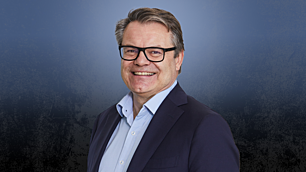
Christopher Joye: It's all about adapting - and remaining humble
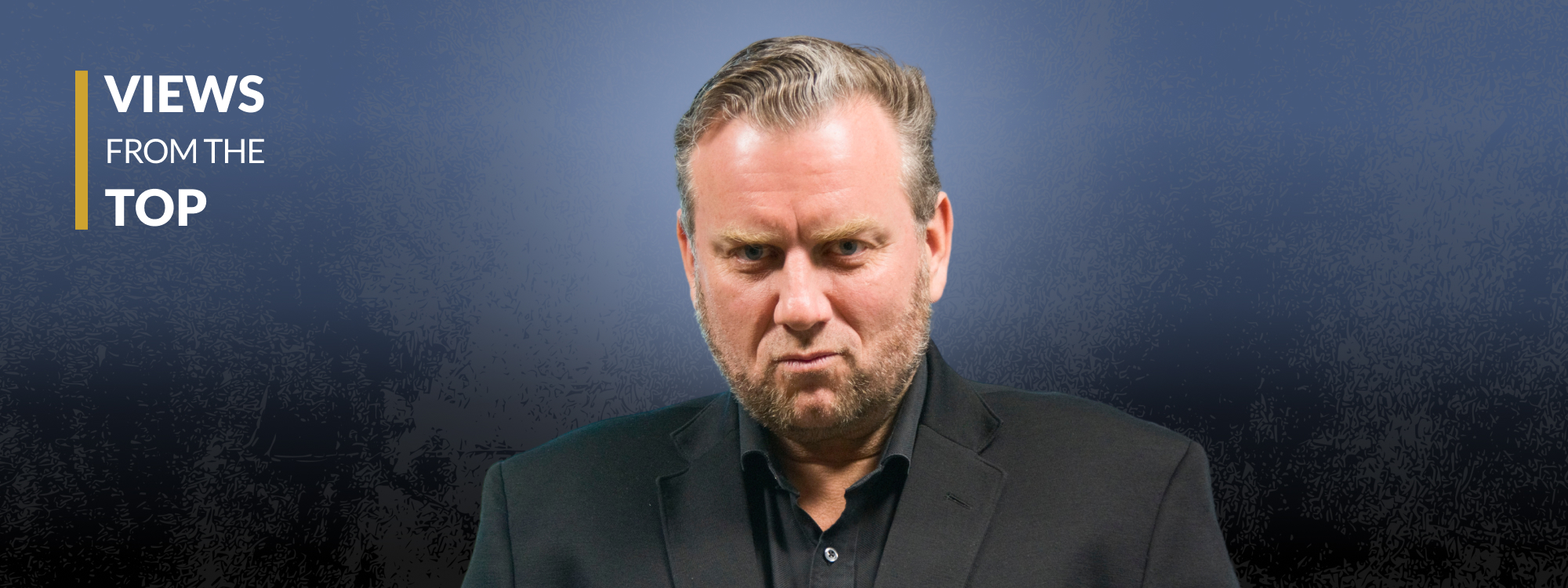
For someone who is not afraid to give you his opinion (and the many facts that he uses to support that opinion), it was a genuine surprise to hear Coolabah Capital Investments CIO and Founder Christopher Joye's View from the Top. Or should I say... his three Views from the Top. Namely - be evolutionary, adopt intellectual humility, and never accept the status quo.
On evolution:
"Constantly evolve and adapt. We talk internally about constantly iterating. We are trying to learn by doing, everyone makes mistakes, but you have to learn from your mistakes and minimise your unforced errors. A lot of people are not evolutionary and a lot of people find it very difficult to change. I think that's also true of investment styles."
On intellectual humility:
"In our business, because our holding period is measured in hours or days, the market is the ultimate arbiter. We're just trying to crack the code or solve problems in terms of asset pricing. We're trying to figure out what's the right interest rate for a bond to pay us. We have learned over time that when we are wrong, it's much better to cut our losses and move on, iterate, and try to tackle the next problem."
On never accepting the conventional wisdom:
"Within the conventional wisdom, there is often a lot of signal and the collective wisdom of markets is a formidable adversary. The reality is that we're going to get some right and some wrong, hopefully more right than wrong, but we need to constantly have the conviction to ferret into research and ideas and asset pricing problems and peel back the conventional wisdom."
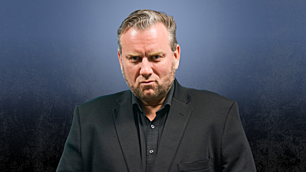
Michael Lukin: Never forget the golden rule of money
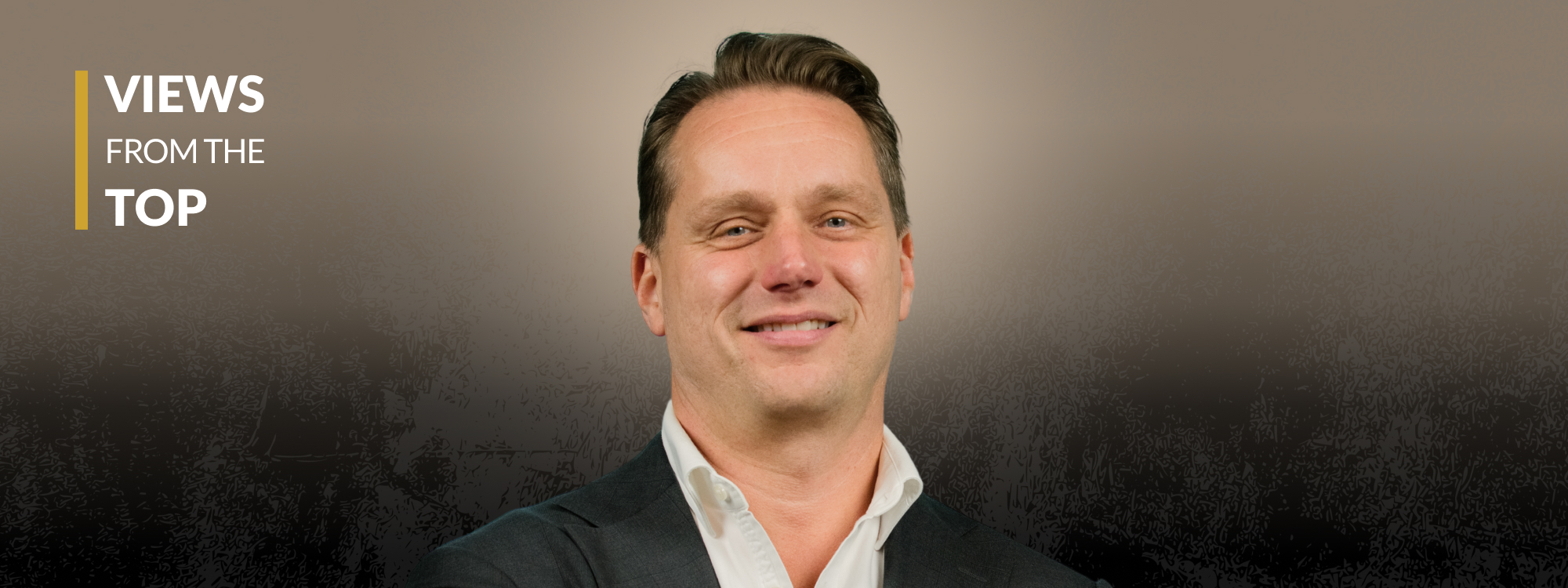
We have been increasing our coverage of the private markets over the last six to 12 months, and one such example of this has been Ally's interview with Roc Partners' Group Managing Partner, Michael Lukin. Lukin, who spent 13 years as the head of Macquarie Group's private markets division, gave us the big-picture overview of this once-shielded area of the financial world - be it the difference between private equity and private debt or the future of private credit in Australia.
But his View from the Top was particularly revealing.
"A line of interest is everything - Follow the money. I work out that whether you're investing in a fund, a private company or a public company, you need to know where your money is going. Is it allowing people to take money off the table and leave you stranded? Is it to help grow the business? Is the management team aligned with you, in terms of owning the same instrument you own? That is, fundamentally, the biggest lesson I give to all of my team. If you don't know who the sucker is on the table, it's probably you."
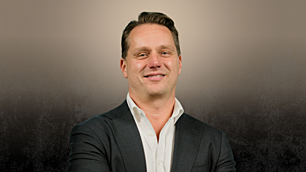
Andrew McCaffery: It's who you speak to that matters
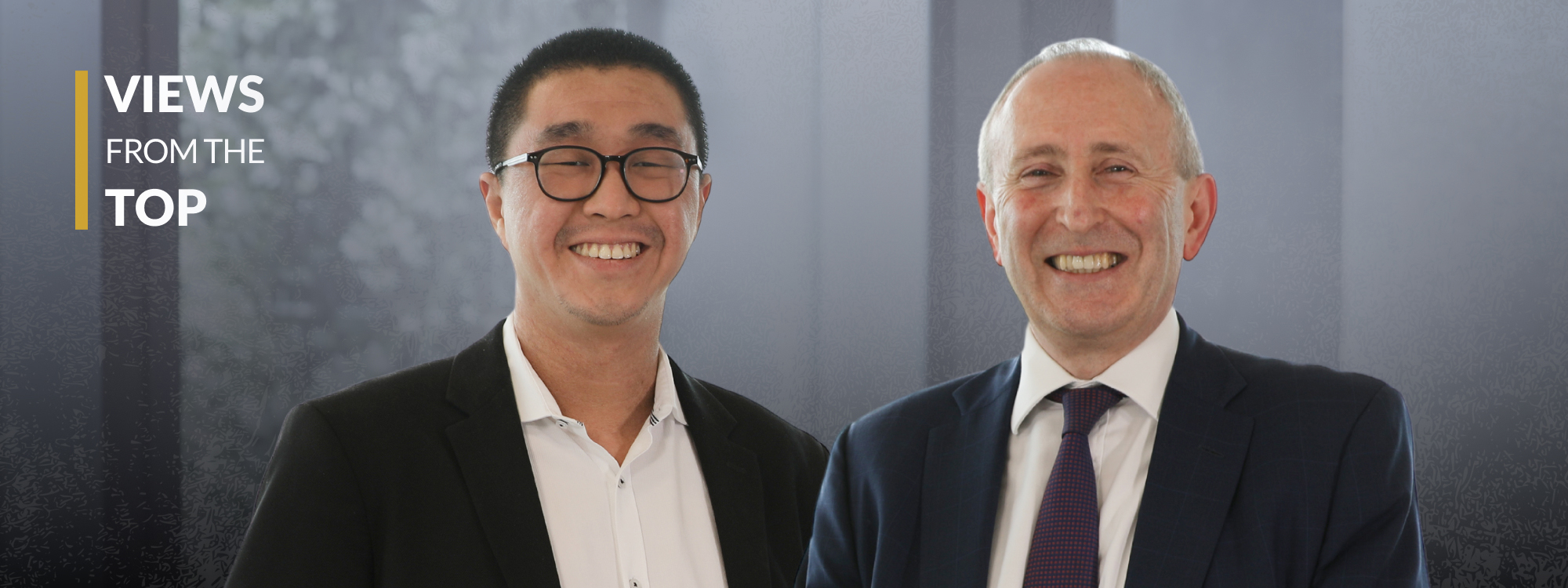
McCaffery, who until recently served as Fidelity International's Global Chief Investment Officer, has been in financial markets for more than 40 years. In our conversation, we covered everything from broad asset allocation to the team's long-held bullish thesis on China, and the relatively hidden opportunity hiding in European companies. He also shared what he thought had not changed in his time in markets (the need for strong, fundamental analysis) and what has changed (the growth in available asset classes as well as market liquidity.)
But it's his View from the Top that really sticks out to me - It's not just who you know but who you speak to that matters.
"One of the things I've been very fortunate to have is the access to be able to speak to so many investors and to people making decisions around asset allocation but also those making policy and regulatory decisions. That's access that I would not have if I did not have the privilege of sitting in this seat. That's something I never underestimate the value of and the opportunity to engage and learn. However long you are in financial markets, every day gives some learning experience and every week, you'll see something that builds a little more in your picture of how the world operates and how you understand opportunity. You should never lose sight of this."
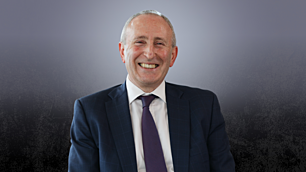
Guy Keller: Just because it's immature doesn't mean it's not a big investment opportunity

Uranium bulls were waiting for a long, long time for that investment opportunity to come good. Yellow cake uranium became the new darling in the commodity space after prices soared above US$100/lb last year, the highest since 2007. In turn, this bull run followed a decade-long slump, which saw the spot price crash from $143/lb to just $18/lb.
Guy Keller, Head of the Tribeca Nuclear Opportunities Fund, watches this space extremely closely. In his sit-down with Chris Conway, Keller argued that just because the investment opportunity is immature does not mean there is not a huge growth runway to come.
"There are 50-odd companies in the sector, of which less than 10 are producing uranium. [But these less than 10] are responsible for producing 10% of the world's electricity. The market cap of the investable sector fits inside a Fortescue or Woodside. It's a tiny market cap but that's the opportunity I'm seeing.
Even in the last 12 months, as we've seen four such companies get into the Small Ordinaries, that alone has just got more institutional investors looking at the sector. And it's amazing how many of them, when they start to scratch the surface, see the investment opportunity because it's one of the very few commodities where there is a supply deficit that is not being fulfilled."
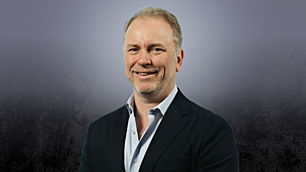
Iain Fulton and Daniel Graña: It is people, it is people, it is people
I've intentionally left these two until last and I also intentionally put them together. There is a beautiful Te Reo Maori proverb that asks, "What is the most important thing in the world?" and answers, "It is people, it is people, it is people." Well, in this case, the last two Views from the Top featured in this piece both pay tribute to the teams around them or the mentors who helped them become who they are today.
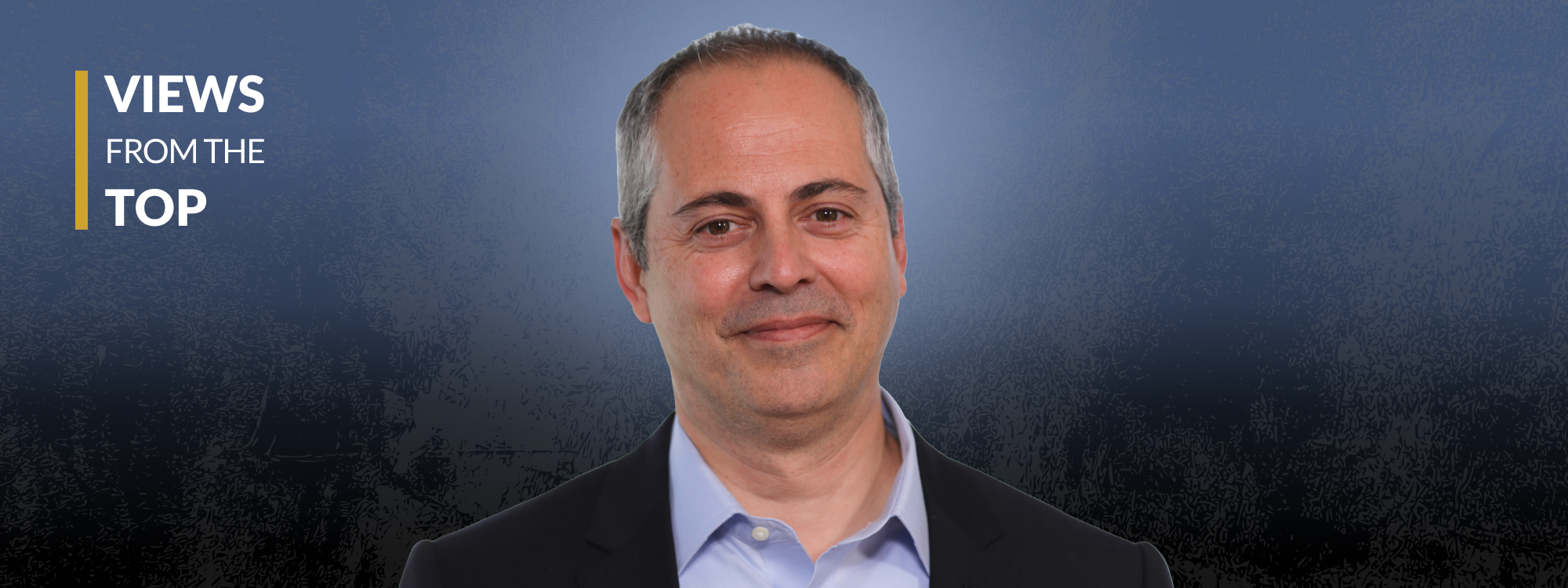
First, an excerpt from emerging markets investor and Janus Henderson's Daniel Graña:
"I don't have a PhD in chemistry or biology and I am not a doctor. But we have people on my team who do. I can navigate China-specific issues. I can navigate Brazil-specific issues. But to understand the science of a lot of these innovative drugs? I am certainly not able to. But to be able to work with a team who can navigate these issues [is crucial]. They highlighted to us the opportunity in GLP-1s and weight loss drugs years before it became investable."
"It's not just about commodities or retailers. Sometimes, it goes into areas where you don't have that core strength. Being able to leverage that from a large organisation that has those strengths has made me a better investor."
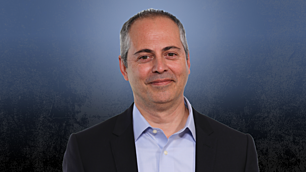
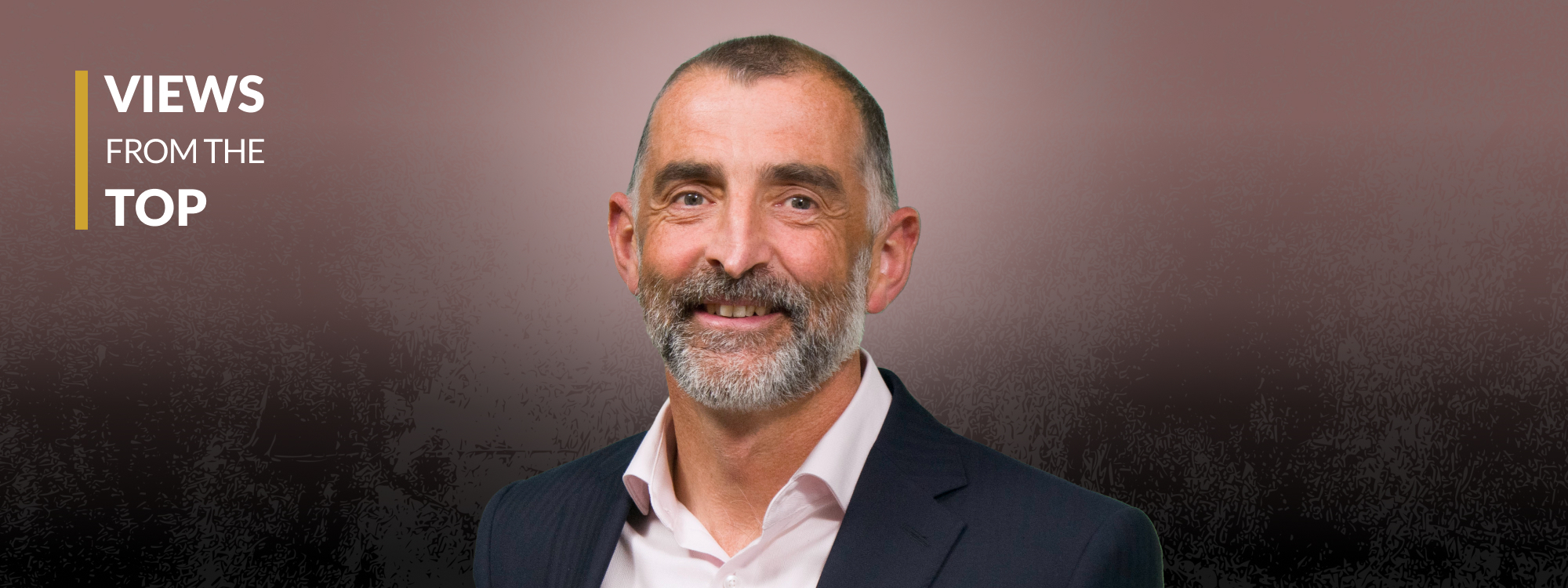.jpg)
And finally, from Iain Fulton, Portfolio Manager of the Yarra Global Share Fund. Fulton called out his mentor from nearly 30 years ago when he was first starting out in financial markets.
"I think I would say something that my original mentor [Grant Lindsay] said at the beginning. He was a people person and espoused that markets are about the summation of the actions of people. Don't view the world through the lens of an index but rather, view it through the lens of the world around you and observe what people are doing, what they're buying, the way they're behaving, the companies they are using, and the things your kids are interested. That will give you clues as to what is going on then do your research and fundamental fact-finding for all of that. You can learn a lot just by keeping an eye out and listening to them."
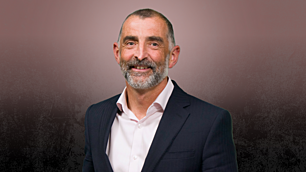
Get more Views from the Top
This was just a selection of our interviews over the last year. Many more interviews from this series are available for you to watch, all of which are excellent, even though we've only spotlighted a few examples here.
For instance, there is a Views from the Top with Tim Carleton of Auscap Asset Management, which explains his thoughts on everything from value in the stock market to his then-high conviction view on ResMed.
Or there is the interview we did with Platinum AM Founder Kerr Neilson, who shared his global holdings with us - including a few in China which may catch some people by surprise.
And, of course, if there is anyone you would like to hear from in future episodes of the series, let us know in the comments. I'm sure you all have favourite investors you would like to hear from in a one-on-one format.
1 topic
8 contributors mentioned


